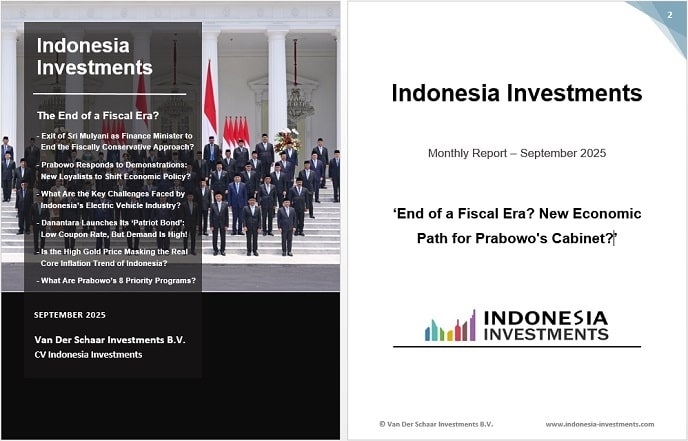What Are the Challenges Faced by Indonesia’s Electric Vehicle Industry and Market?
While the electric vehicle (EV) is not a new invention but has a history that stretches back much further than most people realize (in fact even predating the gasoline car), this type of car experienced a revival in the late 20th century, driven by the growing awareness of the environment and costly fuel prices.
The launch of the Toyota Prius (a hybrid) and, later, the fully electric Tesla Roadster in 2008 marked the beginning of a market shift that is currently underway.
However, one may also have noticed (or have read this in media) that over the past year or two, many auto manufacturers, dealers, and consumers encountered several major speed bumps that have led to a collective slowdown and also some skepticism about the future potential of EVs. While we would not argue that the future potential of EVs is being doubted, it does seem to be the case that the speed of this transition is being questioned by many.
In this article we first take a look at the global EV situation (describing the challenges that are found on a global scale) before zooming in on Indonesia’s EV market.
The Global Electric Vehicle Market
When we take a look at data from the International Energy Agency (or IEA), then we see that electric car sales topped 17 million worldwide in 2024, rising by more than 25 percent year-on-year (y/y). China remained the leading nation, with electric car sales exceeding 11 million, which is a near 40 percent (y/y) increase and more than were sold worldwide just two years earlier. This also managed to further drive up China’s share of global electric car sales which grew to almost two-thirds in 2024. On a monthly basis, sales of electric cars in China have overtaken conventional car sales since July 2024, bringing the share of electric car sales close to 50 percent for the full year.
Growth in China is highly related to the improving price competitiveness of battery electric cars as well as China’s electric car market benefitting from the introduction of a trade-in scheme in April 2024 (an incentive is offered to those who replace their conventional car with an electric counterpart).
In recent years, sales of plug-in hybrid electric vehicles (PHEV) have been growing faster than sales of battery electric vehicles (BEV) in China. The acceleration of PHEV sales in China led the share of electric car sales that are battery electric to fall from 80 percent in 2020 to below 60 percent in 2024, although in absolute terms battery electric car sales rose sevenfold over the same period, thereby demonstrating their continued appeal to new customers.
[...]
These are the first couple of paragraphs of the article. Do you want to read the full article? Order the September 2025 report! The report (an electronic report, PDF, in English) can be ordered by contacting us through email and/or WhatsApp:
- info@indonesia-investments.com
- +62(0)882.9875.1125
Price of this report:
Rp 150,000 (or equivalent in other currencies)
Take a glance inside the report here!

Bahas
Silakan login atau berlangganan untuk mengomentari kolom ini
